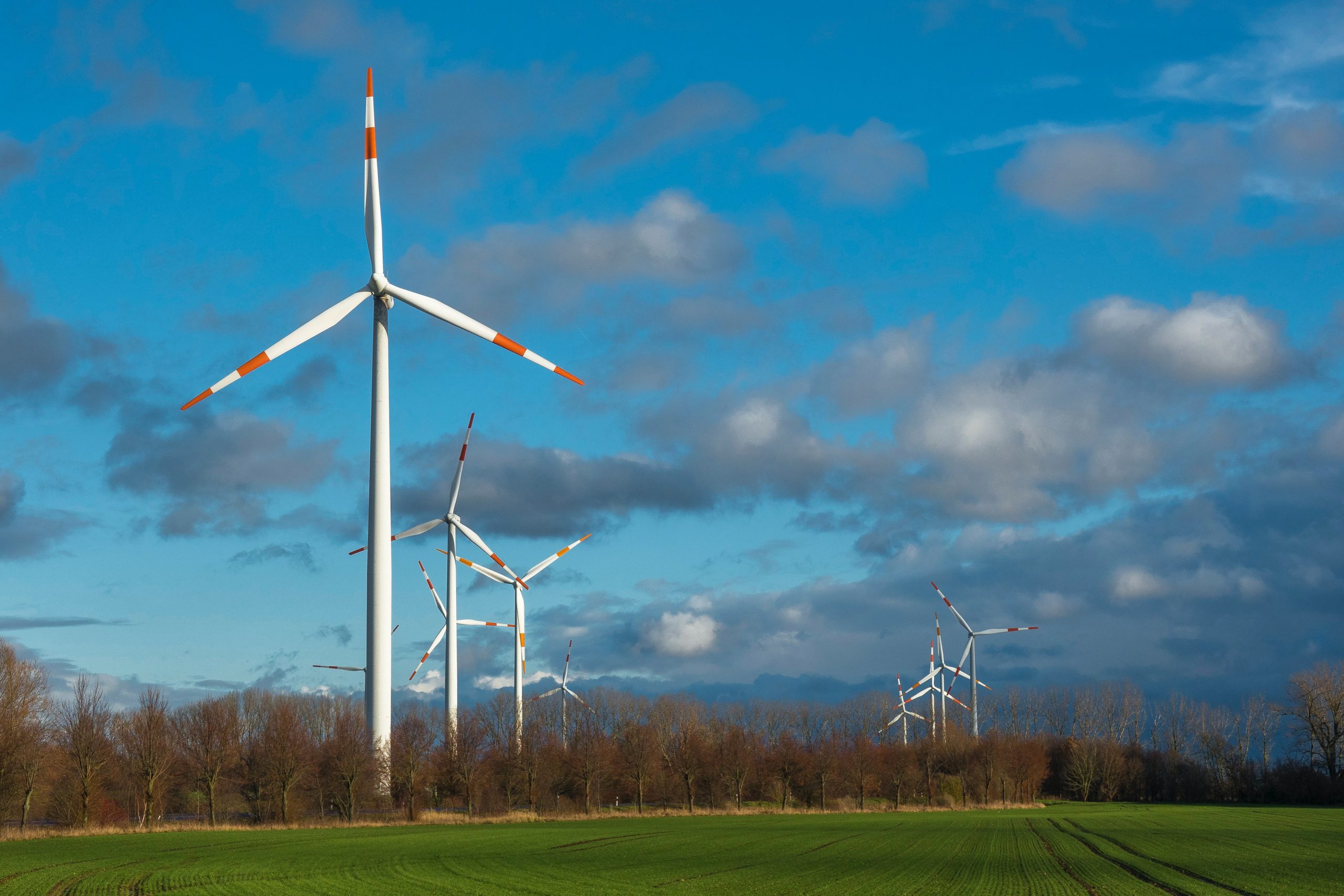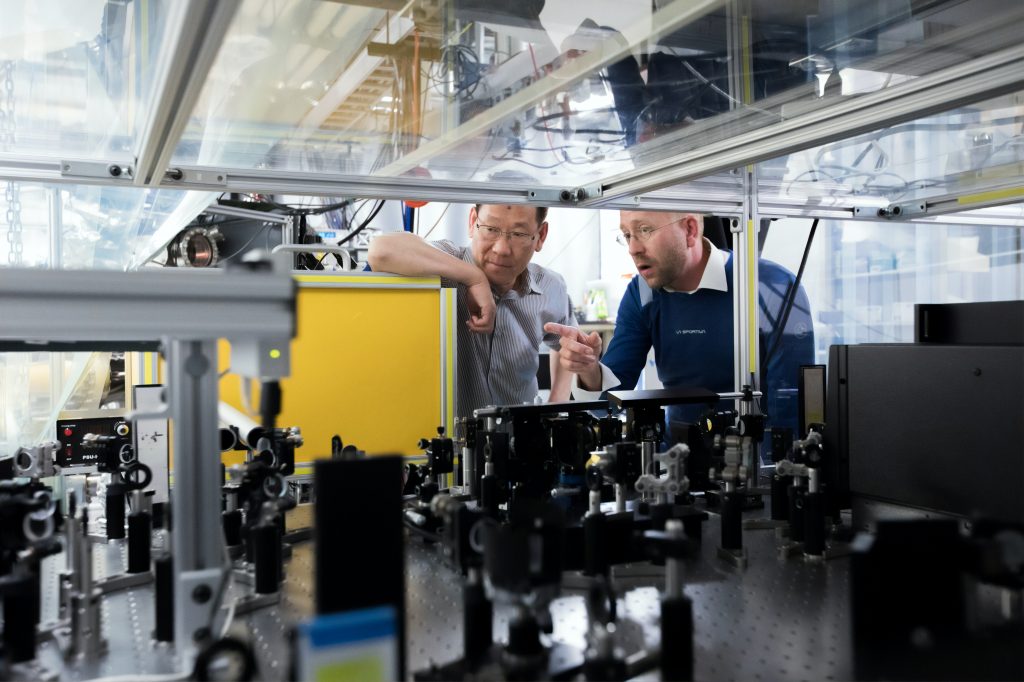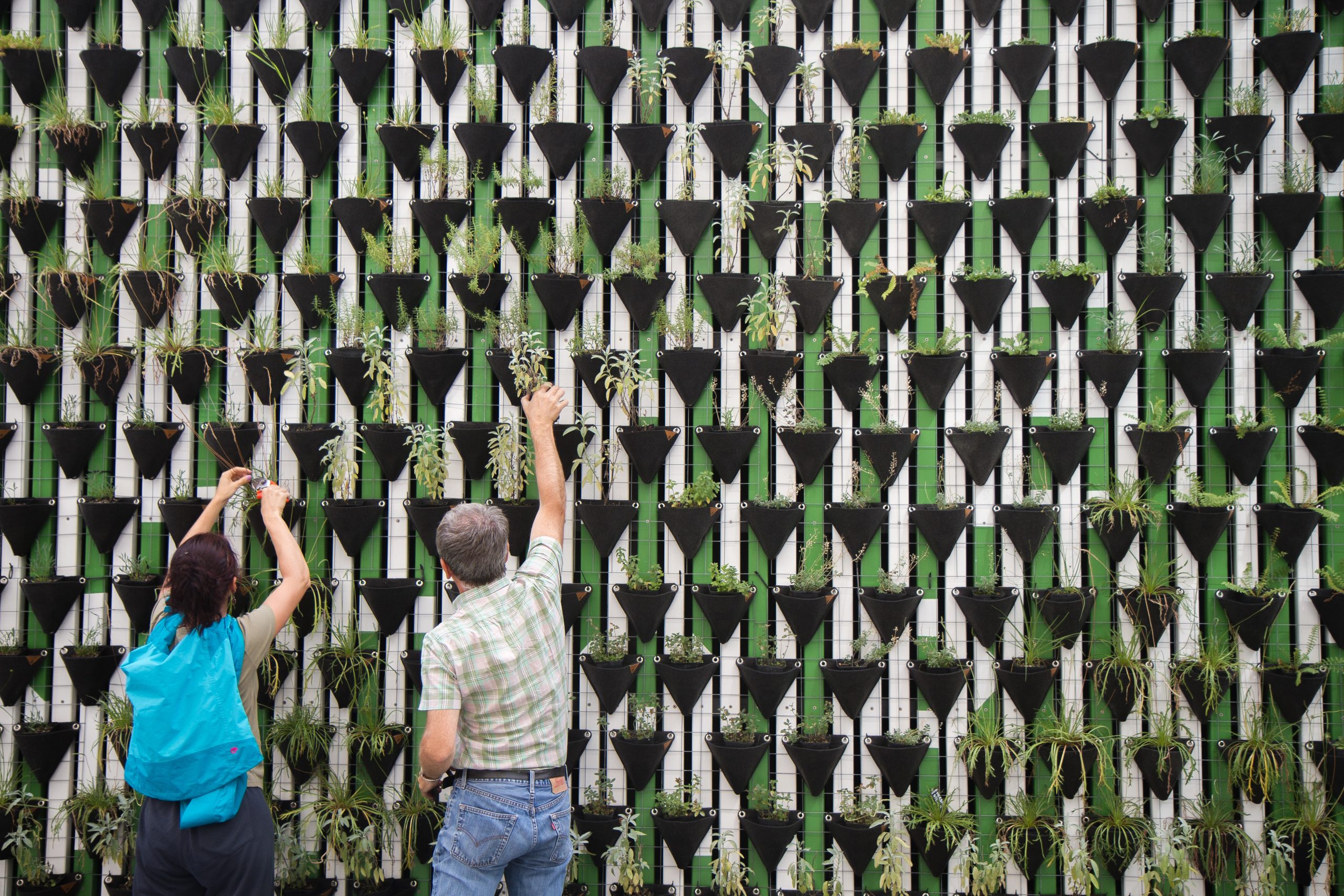New values
for the economy
Technological developments and the demand for sustainable innovations are becoming one of the most important drivers of business and growth for companies and organizations in all sectors.
As a result of growing climate awareness, the two concepts are now closely linked. Companies that are active in the field of sustainability are more likely to be seen as innovation catalysts than companies that are not.
In addition, the realization that resources should not be consumed faster than they grow back is increasingly coming to the forefront of economic activity. Both production methods and waste generation must not exceed the carrying capacity of the local ecosystem.


Characteristics of sustainable innovations
Sustainable innovation radically challenges the traditional. Driven by a future-proof mindset and logic, it focuses more on collaboration within society.
It uproots conventional business models and tends toward processes that scrutinize all steps in a process chain for sustainability. It tends to streamline resource flows and opens up unprecedented market segments, making it more difficult for companies to maintain outdated economic standards.

New consumer behavior
A growing awareness of sustainability is also changing the purchasing behavior of consumers. In many places, the trend is shifting from cheap mass-produced goods to quality products from local and regional suppliers.
Consumers want to be able to identify with the values of the respective company, both on an ecological and social level. Promoting a healthy awareness of sustainability is therefore a key factor in making good consumer decisions.

Co-creation instead of competition
An important factor of sustainable innovation is collaboration. In order to establish environmentally conscious and socially responsible concepts in a company, companies must not only think and act holistically but also in an interdisciplinary manner.
In order to prepare for times of crisis, a lively and cross-industry exchange of knowledge is an important approach to solving future challenges. In this way, it is possible to fully unlock the value of sustainable innovation.
Collaborative value creation
The approach of the New Production Institute is based on the theory of collaborative value creation. Beyond the technical sphere, questions arise in the context of open source hardware and circular economy that can only be answered in cooperation with other scientific disciplines (social sciences, education, and law). Therefore, it is a concern of the New Produktion Institute to develop solutions that enable an urban, inclusive and sustainable economy.
Common objective
Growth should benefit broad sections of the population and involve them in design processes in order to increase the general quality of life and satisfaction. To meet such challenges, the international development of “innovation places” – also called fab labs or open labs – can be seen as promising. They serve as physical or virtual spaces in which the exchange of knowledge, ideas and information take center stage.
The aim should therefore be to create a capability and product portfolio for Open Labs in order to be able to map the complete functional performance spectrum. Modular, robust, small, and easily manageable production tools for resource-efficient, low-cost production would be the result, which could be easily replicated in any district. The IT platform for co-creation necessary for innovations as a carrier of the functional design of the machines is extended for the first time with methods of crowd-based requirements engineering (CrowdRE) in order to effectively integrate the “wisdom of crowds” for solving problems and to increase user acceptance.
Info: Sustainable Innovation
The driver for traditional innovation is the improvement of living standards. Sustainable innovation is based on concern for resources, the environment, and the future.
The goal of sustainable innovation is to use ideas, concepts, and products that achieve economic viability through environmentally conscious design and practices.

